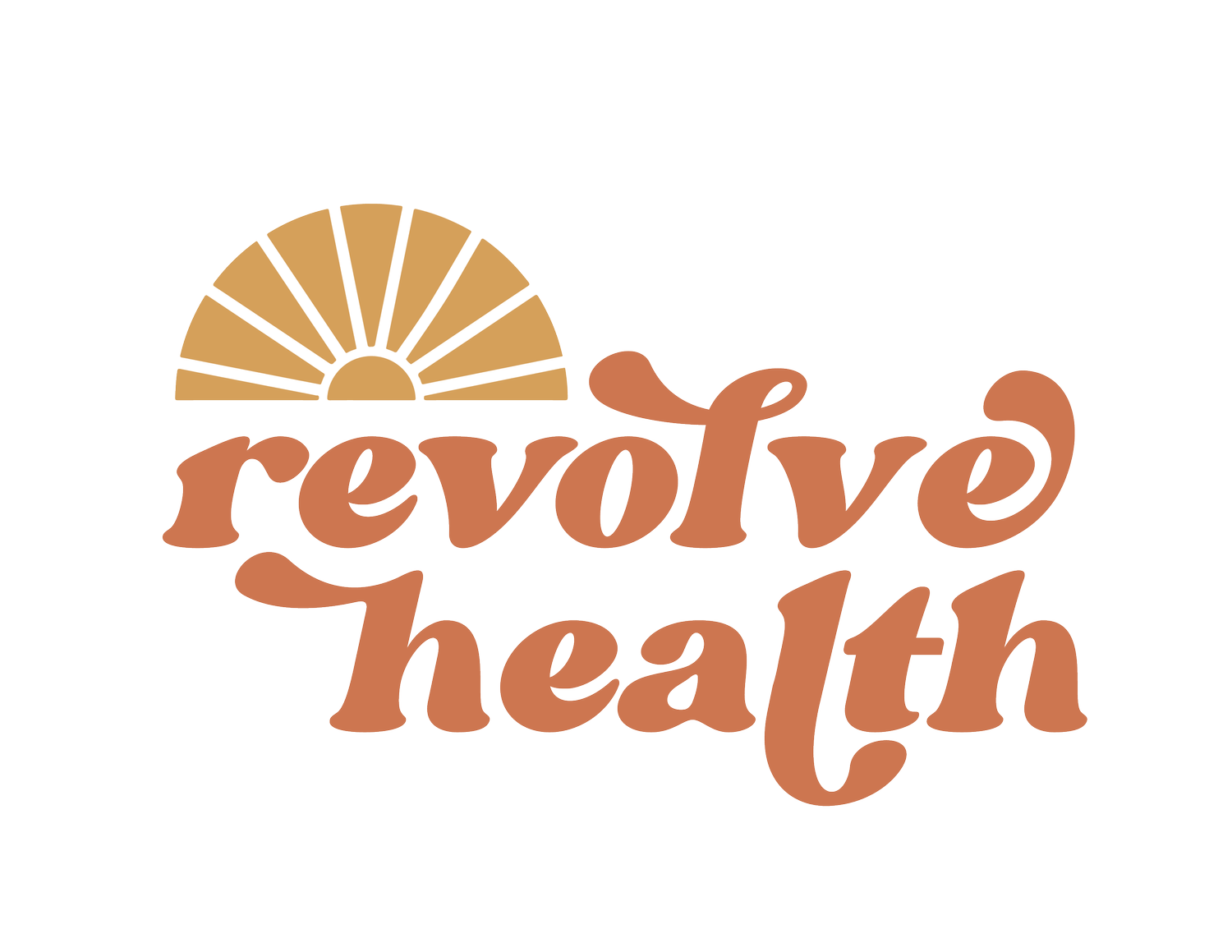PCOS Root Cause Medicine vs Symptom Suppression
Many women dealing with Polycystic Ovary Syndrome (PCOS) feel overwhelmed with the amount of information out there about treatment options. It often feels like you're standing at a crossroads, trying to decide between pharmaceutical treatments and natural remedies. We’re here to tell you you have MANY options, and often a combination of treatments is best! Ultimately, you’ll need to find a provider who can help guide YOU with the approach that will get you feeling your best and reach your health goals.
Let's dive into the variety of PCOS treatments, and discuss how we tackle the root causes of PCOS symptoms to help you manage symptoms and feel great.
Understanding PCOS: A Quick Recap
Before we dive into the treatment options, let's quickly refresh our memory on what PCOS is. PCOS involves hormonal imbalances, particularly elevated levels of androgens (male hormones), DHEA-S, and insulin, which can lead to various physical and emotional symptoms. These symptoms can vary, but they often include:
Irregular or absent menstrual cycles
Ovulatory dysfunction, which can lead to fertility challenges
Excess hair growth on the face and body (hirsutism)
Acne and oily skin
Weight gain or trouble shedding those extra pounds
Skin darkening, especially around the neck or in skin folds
Mood swings and emotional rollercoasters
Fatigue
Conventional Treatments and Suppressing Symptoms:
Traditional medicine uses pharmaceutical interventions to manage PCOS symptoms. These methods can be effective and offer much-needed relief, but it's crucial to understand how they work if you decide to use them.
The most common approaches include:
1. Hormonal Birth Control: This method works by suppressing ovulation, essentially telling your ovaries to take a break from their egg-releasing duties. It also suppresses your body's natural hormone production, which can help manage PCOS symptoms related to hormonal imbalances. While it's effective, these medications can come with side effects and might not get to the root of your PCOS issues. Plus, they only work while you're actively taking them. Many women discover that when they stop using birth control, their symptoms return to their previous troublesome state. Also, if you’re hoping to get pregnant, birth control isn’t a treatment option, and women often find once they stop birth control, they aren’t ovulating and face fertility challenges.
2. Anti-Androgen Medications: In cases of severe hirsutism (hair growth in unwanted places) or hair loss, doctors might prescribe anti-androgen drugs like spironolactone to reduce the effects of excess androgens. Spironolactone works by blocking the enzyme responsible for testosterone production. It's a targeted approach but, just like birth control, it only works as long as you're taking it and doesn't address the underlying PCOS causes.
3. Insulin-Sensitizing Medications: Metformin, primarily used for managing diabetes, can improve insulin sensitivity in individuals with PCOS, especially those with insulin resistance. It can be highly effective when used as part of a comprehensive treatment plan. However, without accompanying lifestyle changes, it might not lead to lasting results if you hope to eventually stop using the medication.
Natural Treatment for PCOS: Addressing the Root Cause
Naturopathic physicians take a different approach to managing PCOS by zeroing in on treating the root causes and focusing on holistic health. This reduces the reliance on pharmaceuticals, improves hormone production and ovulation, and has long-term benefits. This approach often involves lifestyle adjustments, dietary changes, and alternative therapies, such as:
- Nutritional Modifications: What we eat directly influences how our bodies function, and this can have a significant impact on PCOS symptoms, weight, overall health, and the prevention of complications like cardiovascular disease and diabetes. A balanced, low-glycemic and higher protein diet filled with whole foods, fiber, lean proteins, and healthy fats can help stabilize blood sugar levels, reduce insulin resistance, and support balanced hormone levels. While this can be difficult to implement for some, our doctors have extensive training in helping patients make sustainable diet changes that can last a lifetime.
- Regular Exercise: Physical activity forms the cornerstone of good health. Specifically for PCOS, combining strength training with cardiovascular exercise can enhance insulin sensitivity, aid in weight management, boost mood, ward off cardiovascular disease, and alleviate some symptoms. Exercise also plays a vital role in maintaining bone health, improving sleep, managing stress, and enhancing brain health, among other benefits.
- Stress Reduction: Chronic stress can worsen PCOS symptoms. Our adrenal glands, which regulate our response to stress, have a direct influence on our reproductive and thyroid function. Prolonged stress can disrupt adrenal function and exacerbate PCOS symptoms. Managing stress through techniques like mindfulness meditation, yoga, and deep breathing exercises can help support adrenal function and hormonal balance. Additionally, Naturopathic Doctors are experts in utilising herbal medicine and nutrients to lower stress hormone responses even in the midst of ongoing stress.
- Supplements and Herbal Remedies: Certain supplements have shown promise in managing PCOS symptoms and improving ovulation. Herbal remedies like saw palmetto and spearmint tea may help lower androgen levels.
Choosing the Right Approach for You:
The decision between natural and conventional treatments for PCOS depends on your individual preferences, symptoms, and goals. Some people find relief from traditional treatments, but it's essential to realize that they often serve as band-aids. Focusing on foundational health and natural methods allows you to address underlying causes and promote long-term well-being.
Remember, there's no one-size-fits-all approach to treating PCOS. The key is to stay informed, collaborate with knowledgeable healthcare providers, and make choices that align with your preferences and goals for effectively managing PCOS.
Meet Your Doctor
Hi, I’m Dr. Caitlin Fanning, ND (Naturopathic Doctor),
I help women who are struggling with hormone imbalances, fatigue, and infertility optimize their hormones and get their life back so they can feel like their best self.
If you're ready to take charge of your health and make real, lasting changes to your energy, your hormones, or your overall well-being, I would love to talk more!

